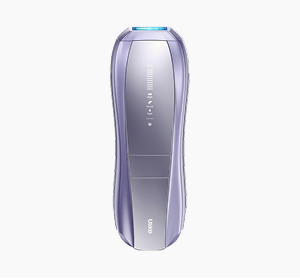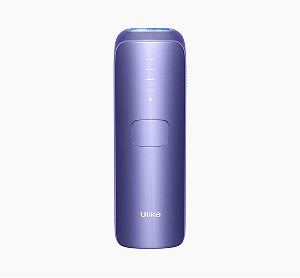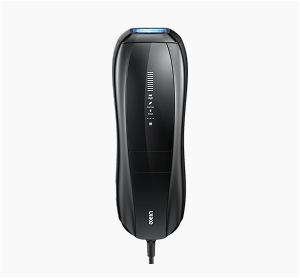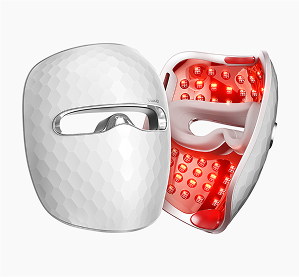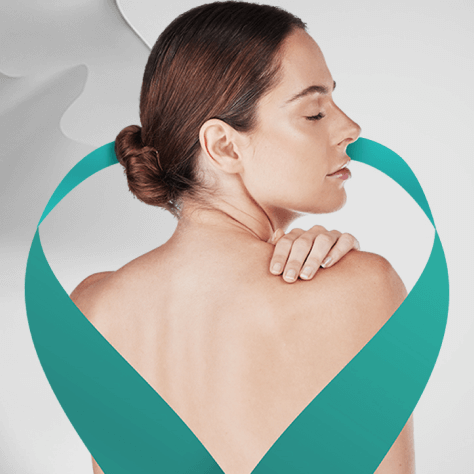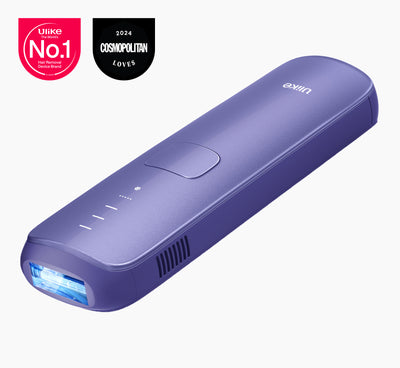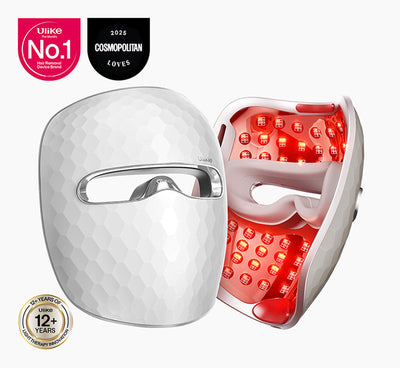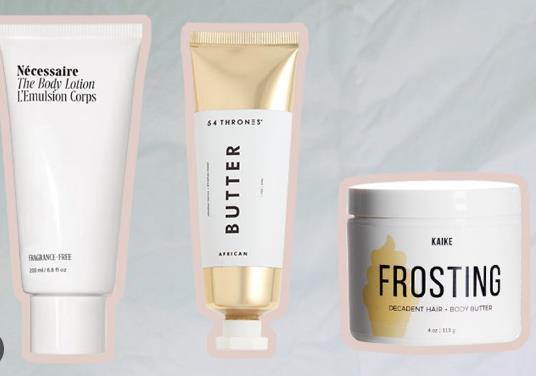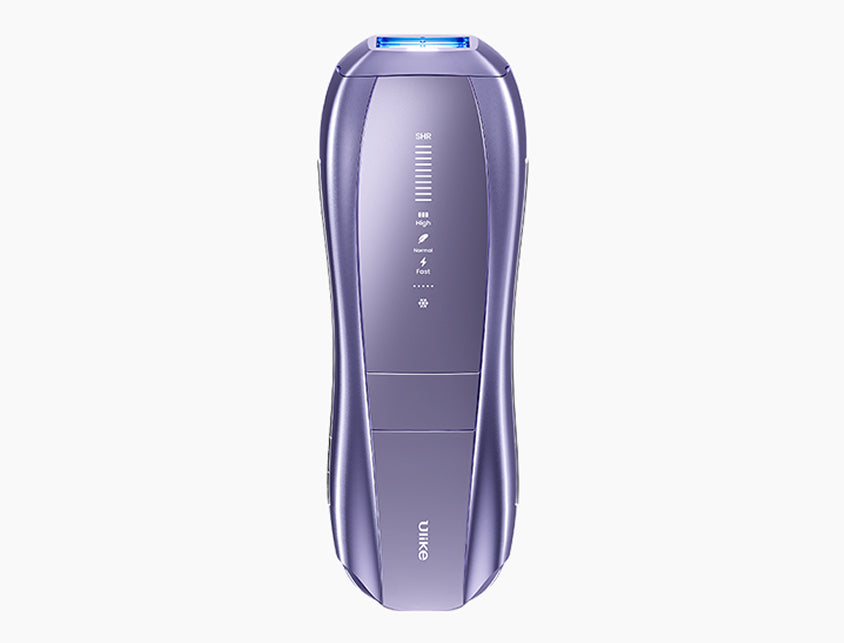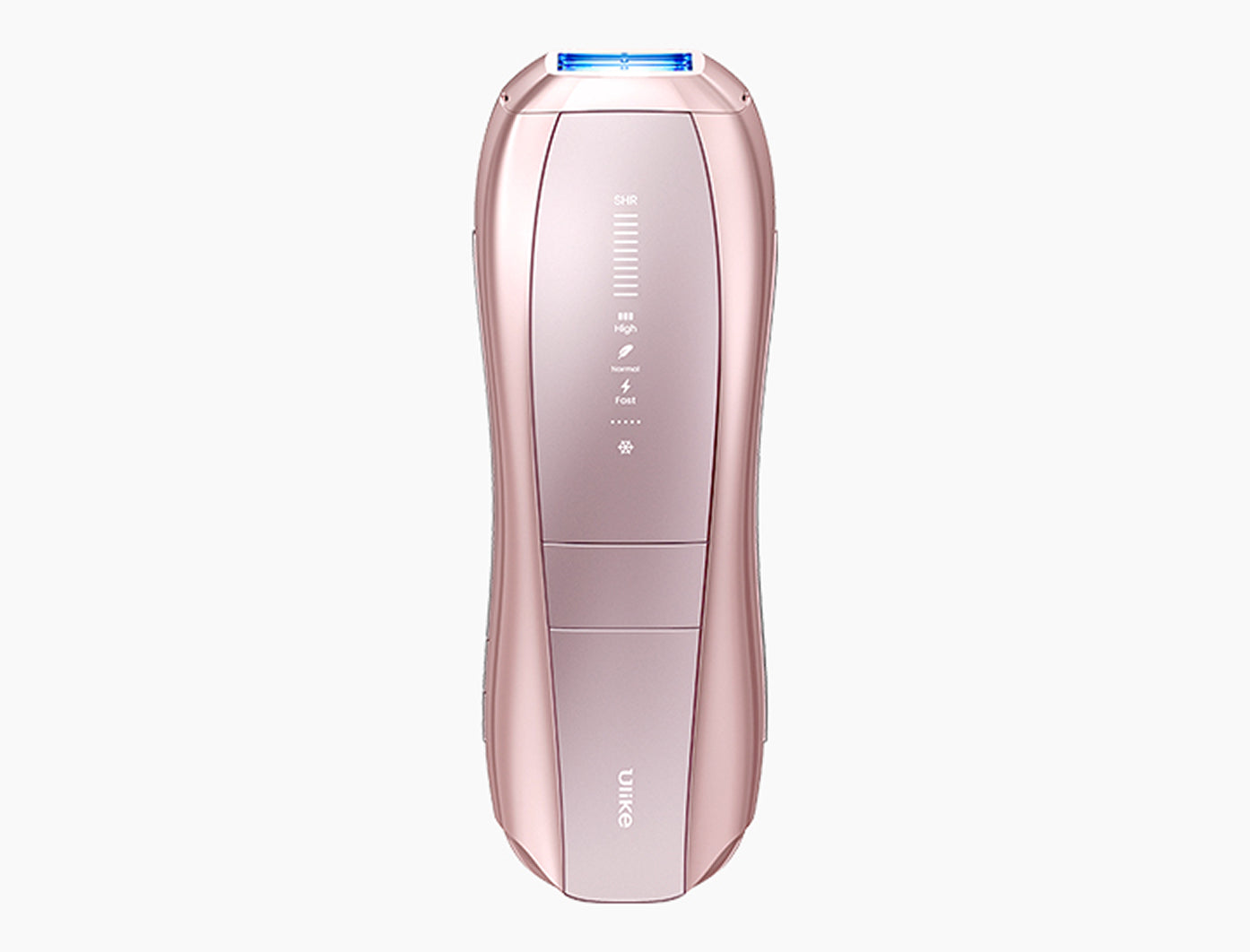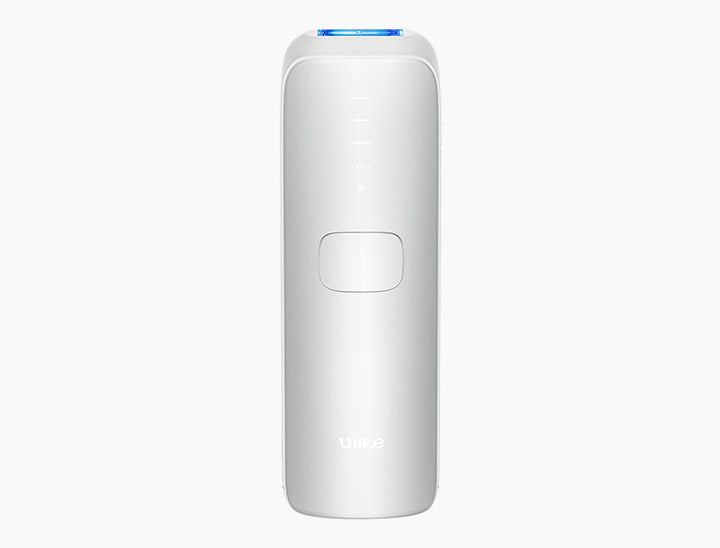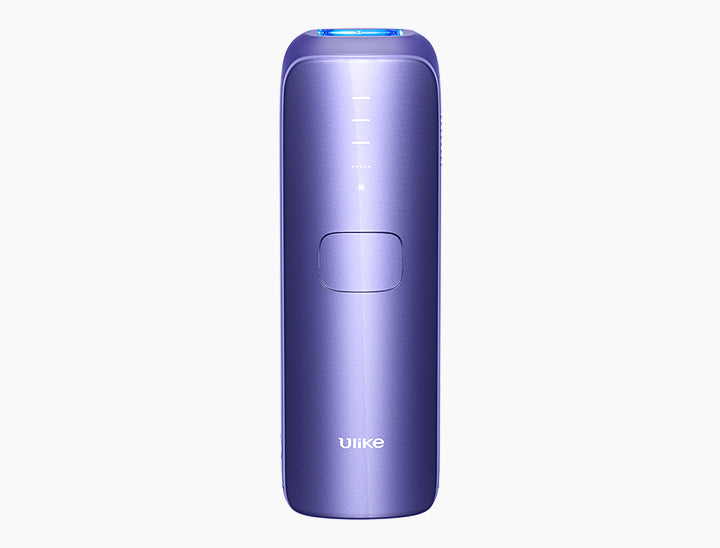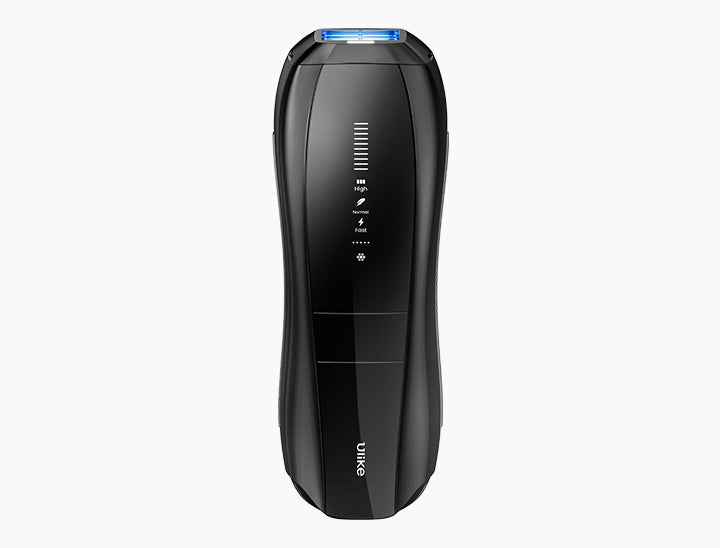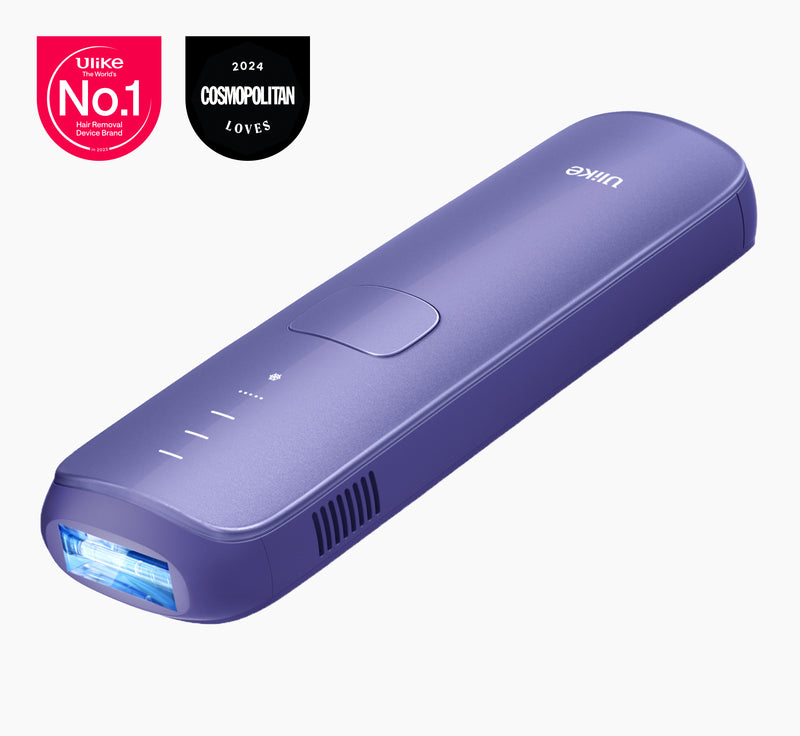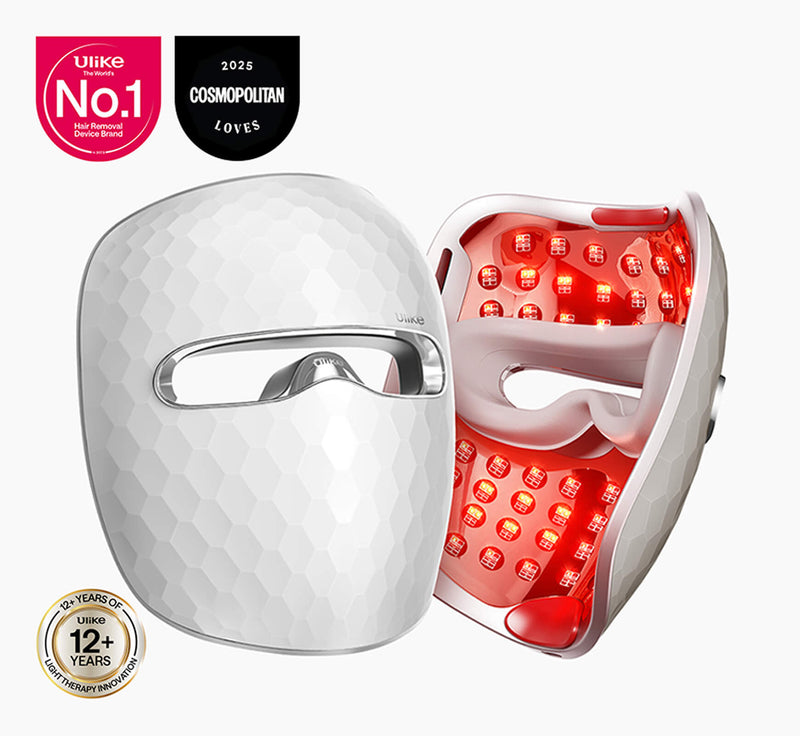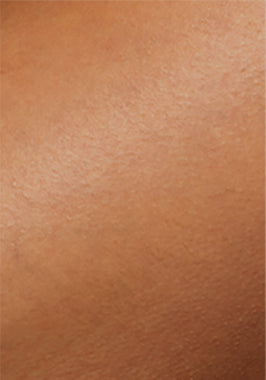Fast Facts
Some fast facts about carrot juice:
● Carrot juice has low calories but is still rich in a number of essential nutrients like potassium, magnesium, Vitamin C, A, K, and carotenoids.
● Carrots juice is not only good for our skin but also improves immunity, fights cancer, and helps against diabetes, liver diseases, and various heart diseases.
In addition to its skin benefits, carrot juice is packed with nutrients that contribute to overall wellness, making it a beneficial choice for those looking to enhance their health.
In addition to skin benefits, carrot juice supports overall health by boosting the immune system and may help in reducing the risk of serious diseases.
This is how drinking carrot juice is helpful for you. So, let’s discuss in detail the benefits of carrot juice for your skin and how can you utilize the juice in the best way possible.
Knowing the specific benefits of carrot juice can guide you in choosing the right methods for incorporating it into your diet, enhancing both skin health and overall wellness.
Understanding these benefits can help you incorporate carrot juice into your daily routine effectively, maximizing its potential for skin health.

Nutrients Present in Carrot Juice
When you buy canned juice from outside, they contain a lot of artificial flavors and other ingredients that are not as beneficial as the amount of fresh juice. A glass of fresh carrot juice is a rich source of potassium, Vitamin A, Vitamin C, Vitamin K, and beta-carotenoids. In addition, you can also find lycopene, another carotenoid in carrots which makes it a powerful antioxidant. The magnesium and iron present in carrot juice gives you enough energy to function well throughout the day.
The carotenoids give the juice its beautiful orange color and the sugars are responsible for its slightly sweet taste.
These carotenoids not only enhance the color of the juice but also play a significant role in promoting skin health and vitality.
Carotenoids, such as beta-carotene, are powerful antioxidants that may help protect the skin from damage caused by free radicals.
Benefits of Carrot Juice for Skin
Now, let’s see how all these nutrients work together to provide your skin with great benefits.
These nutrients work synergistically to nourish and rejuvenate the skin, making carrot juice a valuable addition to your skincare routine.
This synergy of vitamins and minerals enhances skin hydration and may promote a healthier complexion.
Understanding how these nutrients interact is essential for maximizing the benefits of carrot juice for your skin.
By exploring these interactions, you can better understand how to incorporate carrot juice into your daily routine for optimal skin health.
Provides Glowing Skin

Being rich in Beta-carotenoids and lycopene, carrots juice act as a powerful antioxidant that protects our skin against any damage and minimizes dark spots. The beta carotenoids and lycopene also give the carrots their orange-red color, hence they also aid our skin in getting a fresh look.
According to research[1], those who eat food rich in carotenoids have healthy skin with a reddish glow.
A diet rich in carotenoids may also contribute to an overall healthier complexion, making it appear more vibrant and youthful.
Carotenoids are powerful antioxidants that can enhance your skin's appearance while helping to protect against damage from environmental stressors.
Hydrates Skin
The most important factor for your skin to look healthy is that you keep it hydrated. Drinking lots of water can help but taking carrot juice can be even more beneficial. Let’s see how.
Carrot juice can be a more concentrated source of hydration and nutrients, which can complement your daily water intake for optimal skin health.
Carrot juice not only hydrates but also provides essential nutrients that can improve the overall texture and elasticity of your skin.
Heat, environmental exposure, skin diseases, and constant exposure to harsh detergents or soaps make our skin dry due to transepidermal water loss. When you drink the carrot juice or apply it on your skin, it compensates for the water loss. Moreover, the carotene present in carrots improves dry skin conditions.
Slow down the Aging of Skin

Trying so many anti-aging creams but still no effect? They are not only expensive but also full of chemicals. You can save your money and also save yourself from the chemical effects caused by these creams by replacing them with carrot juice.
When the number of free radicals in your body increases due to air pollution, exposure to sun rays, and oxidative stress, it causes wrinkles. The Alpha and beta carotenes along with lycopene and anthocyanins protect your skin against the damage. Additionally, vitamins A, B, and flavone called apigenin [2] enhance collagen production thus reducing wrinkling.
Enhance Permeability Barrier Function
Our skin has a permeability barrier that protects it against microorganisms thus minimizing the risk of infections. With increasing age and continuous exposure to environmental pollutants, this barrier weakens.
Maintaining a strong permeability barrier is crucial for preventing moisture loss and protecting the skin from irritants.
Strengthening this barrier is vital for maintaining skin health, especially as we age or are exposed to various pollutants.
When you apply apigenin to your skin [3], it can strengthen this barrier. Carrot juice has this apigenin which means when you apply the juice to your skin, it improves the production of lipids and differentiation of epidermal cells. All these factors improve the normal functioning of the permeability barrier thus protecting our skin against any invasion.
Protects Against Sun

Are you someone who gets exposed to the sun all day long? This exposure can increase the risk of skin cancer, wrinkling, and hyperpigmentation. Along with applying sunscreen, adding carrot juice to your diet can help fight against harmful UV rays.
Being an anti-oxidant, carrots protect you as carotenoids [4] accumulate in your skin barrier and act as a shield from sun rays.
This protective effect can help reduce the risk of sun damage and may lead to fewer instances of skin issues caused by UV exposure.
Helpful Against Acne and Blemishes
Carrot juice is a good source of tartaric acid that functions as an exfoliator. In addition, carrots also have anti-inflammatory properties. Being anti-inflammatory as well as an exfoliator, the juice can help your skin against acne.
By promoting skin cell turnover and reducing inflammation, carrot juice can be an effective natural remedy for achieving clearer skin.
The exfoliating properties of carrot juice help to clear away dead skin cells, promoting a clearer complexion and reducing the appearance of blemishes.
Carrot juice can also help soothe inflammation, making it beneficial for those struggling with persistent skin issues.
This soothing effect can help provide relief from redness and irritation associated with acne.
Moreover, carrot juice also contains chlorogenic acid that has the potential to repress the production of melanin [5]. This means it can reduce the abnormal production of melanin in your body caused by hormonal fluctuations, exposure to the sun, or other skin conditions.
Good for Wound Healing

Vitamin A plays an important role in the healing of your skin after damage [6]. It speeds up the process of re-epithelialization and fibroblast proliferation thus accelerating the healing of wounds.
Vitamin A's role in wound healing emphasizes the importance of carrot juice in supporting skin recovery and resilience.
As a result, incorporating carrot juice into your diet may support your skin’s natural healing processes.
Vitamin A is crucial not only for skin repair but also for maintaining overall skin health, enhancing its ability to recover from various injuries.
Regular consumption of carrot juice can contribute to a healthier skin barrier, enhancing its overall appearance.
Furthermore, it increases the production of collagen. Collagen has a chemotactic nature which attracts the fibroblast to the damaged site to restore the epithelial structure and encourages the formation of new blood vessels.
Increased collagen production is vital for skin elasticity and strength, making it essential for youthful-looking skin.
This collagen boost not only aids in healing but also improves the skin's overall firmness and youthful appearance.
Improves Complexion
As discussed earlier, carrot juice has the ability to prevent wrinkling, provide your skin with a reddish color, and hydrate your skin. All these factors contribute together to give your skin a healthy, natural look. By reducing oxidative stress, it controls hyperpigmentation and dark spots thus maintaining the even tone of your skin.
There are some other fruits that can help with skin whitening. To know those fruits, click
Top 10 Fruits for Skin Whitening, You Should Eat
.
Skin whitening can be achieved through various natural methods, and understanding the fruits that contribute to this process is beneficial for achieving your skincare goals.
Utilizing natural methods for skin whitening can provide a gentle approach to enhancing your complexion while minimizing potential side effects.
Treats Oily Skin

If you have oily skin, carrot juice can help you with that too. The vitamin A present in carrots is responsible for reducing the excess sebum in our skin thus preventing the oily nature of our skin.
Vitamin A's role in regulating sebum production is particularly important for those with oily skin types, helping to maintain a balanced complexion.
Understanding how Vitamin A influences skin health can empower individuals to make informed choices about their skincare routines.
As there is a decrease in secretions of our sebaceous glands, the oil glands, so there will be reduced clogging of pores which means less risk of acne.
Reducing oiliness not only helps in minimizing acne but also contributes to a clearer and more refined skin texture, enhancing overall appearance.
Achieving a clearer skin texture not only improves appearance but can also boost confidence and self-esteem.
Ways to Use Carrot Juice
There are a number of ways you can use carrot juice to get healthy, glowy skin.
Incorporating carrot juice into your routine can be simple and effective. Consider adding it to smoothies or using it in homemade skincare treatments for a natural boost.
By exploring various methods to incorporate carrot juice, you can discover new ways to enhance your skincare regimen.
As a Drink

You can simply take the carrot juice as a drink. Just take some carrot, peel them off, make juice, and gulp it. To add more flavor, you can mix orange juice in it. Together they can help in getting you glowing skin, reduce inflammation, and boost your immunity.
Drinking one glass per day is enough for you. It is better to drink the carrot juice on an empty stomach.
Starting your day with carrot juice on an empty stomach may enhance its absorption and maximize its potential benefits.
Drinking carrot juice on an empty stomach may also improve nutrient absorption, supporting your skin's natural glow.
Consuming carrot juice regularly may contribute to better skin health, as it is rich in vitamins and antioxidants that promote a radiant complexion.
Make a Mask

If you cannot get used to the taste of carrot juice, you can mix the juice with some other ingredients to make a mask for you.
Mixing carrot juice with other ingredients not only enhances the flavor but can also amplify the skin benefits, creating a nourishing mask.
By adding ingredients like honey or yogurt, you can further \1 of the mask, benefiting your skin even more.
What to do:
Take 3 tablespoons of carrot juice and mix 1 tablespoon of cucumber paste and sour cream each in it. Leave the mask on for 15 minutes and rinse it. Do it twice a week.
Carrot juice and cucumber improve your skin tone while sour cream can get rid of dead skin cells.
The combination of these ingredients also provides \1, helping to maintain healthy skin over time.
The combination of these ingredients may enhance \1 and contribute to a \1, making it a great addition to your skincare routine.
Direct application on Skin

You can even apply only carrot juice on your skin without mixing any other ingredients.
Applying carrot juice directly may offer \1 and nourishment, making it a simple yet effective skincare method.
Applying carrot juice directly can deliver \1 to your skin, potentially improving its overall appearance without any additives.
What to do:
Make the juice, apply it to your required area, leave it on for some time, and wash the area.
Make sure to \1 your skin before application for optimal absorption of nutrients.
Tip:
Using the juice as a mask form can be more beneficial.
Consider leaving the mask on for \1 to maximize its benefits.
Consider experimenting with different ingredients like honey or yogurt, as they may enhance the mask's effectiveness and provide additional benefits for your skin.
Using the juice in a mask can allow for deeper penetration of nutrients, potentially yielding more noticeable results for your skin.
If you do not like the juice, the carrot itself can be a lot beneficial for you. To know more, Click
The 10 Benefits of Carrot for Skin.
Exploring the benefits of whole carrots can also be beneficial, as they are packed with nutrients that promote healthy skin.
Whole carrots are rich in \1, which can contribute to a vibrant complexion.
Conclusion
Carrots are rich in a variety of nutrients like vitamins A, C, K, and B, carotenoids, iron, potassium, and zinc. These nutrients improve the production of collagen, reduce oxidative stress, fight against sun rays, improve healing, hydrate your skin, and give it a glowing smooth appearance.
So, give your 5 minutes of daily routine to this delicious carrot juice every morning and enjoy the unlimited benefits. Even if you don’t want to drink the juice, you can use it as a mask to get beautiful and glassy skin.
References
[1] Nancy Shute (2012). The Secret To Glowing (Yellow) Skin? Eat Your Fruits And Veggies, The Salt.
[2] Y. Zhang, J. Wang, X. Cheng, B. Yi, X. Zhang, and Q. Li1 (2015). Apigenin Induces Dermal Collagen Synthesis Via smad2/3 Signaling Pathway, PubMed Central.
https://www.ncbi.nlm.nih.gov/pmc/articles/PMC4503966/
[3] Maihua Hou, Richard Sun, Melanie Hupe, Peggy L. Kim, Kyungho Park, Debra Crumrine, Tzu-kai Lin, Juan Luis Santiago, Theodora M. Mauro, Peter M. Elias, and Mao-Qiang Man (2013). Topical Apigenin Improves Epidermal Permeability Barrier Homeostasis in Normal Murine Skin by Divergent Mechanisms, National Library of Medicine.
https://www.ncbi.nlm.nih.gov/pmc/articles/PMC3626082/
[4] Anamaria Balić, and Mislav Mokos (2019). Do We Utilize Our Knowledge of the Skin Protective Effects of Carotenoids Enough?, National Library of Medicine.
https://www.ncbi.nlm.nih.gov/pmc/articles/PMC6719967/
[5] Hao-Rong Li, Maidina Habasi, Lian-Zhen Xie, Haji Akber Aisa (2014). Effect of chlorogenic acid on melanogenesis of B16 melanoma cells, National Library of Medicine.
https://pubmed.ncbi.nlm.nih.gov/25157464/
[6] Monica E. Polcz MD, Adrian Barbul MD, FACS (2019). The Role of Vitamin A in Wound Healing, Aspen, American Society for Parenteral and Enteral Nutrition.
For further insights into the importance of Vitamin A in wound healing, refer to the comprehensive study by Monica E. Polcz MD and Adrian Barbul MD.
https://aspenjournals.onlinelibrary.wiley.com/doi/10.1002/ncp.10376

